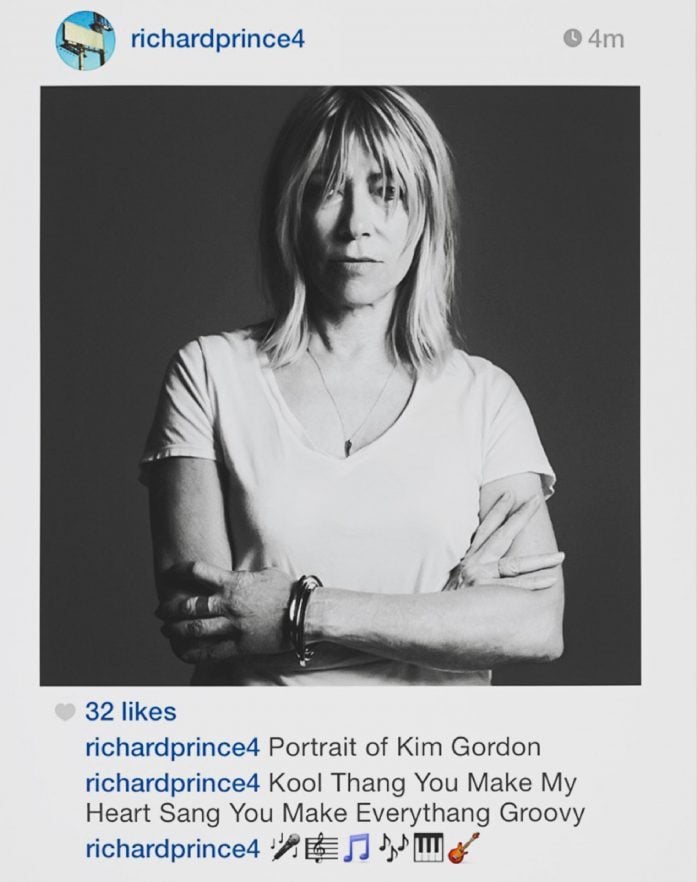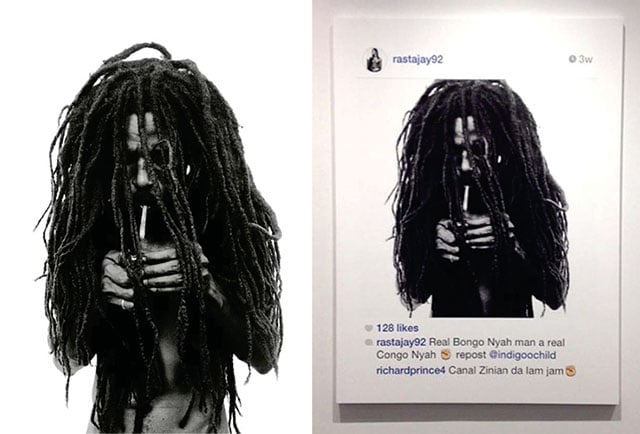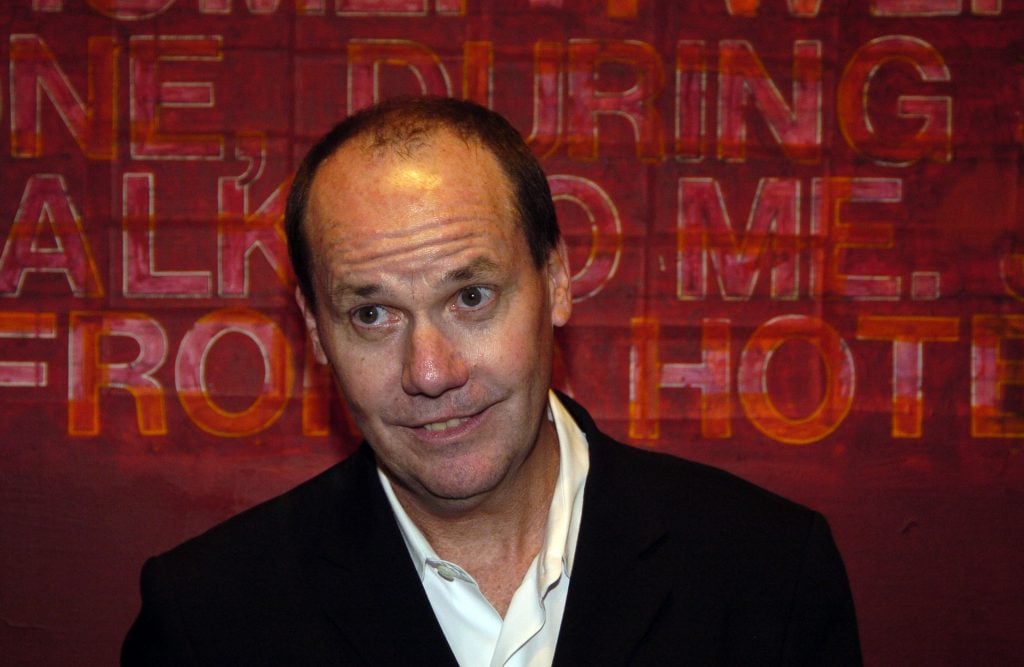Law & Politics
A Judge Has Greenlit Two Lawsuits Against Appropriation Artist Richard Prince From Photographers Who Say He Stole Their Work
Can the appropriation artist fend off copyright infringement charges if the case goes to trial?

Can the appropriation artist fend off copyright infringement charges if the case goes to trial?

Sarah Cascone

Two professional photographers have won early victories in a pair of ongoing copyright lawsuits against appropriation artist Richard Prince.
A U.S. federal judge ruled that the lawsuits can proceed to trial because Prince did not provide enough initial evidence to prove that his controversial “New Portraits” series sufficiently transformed two of the photographs he appropriated.
Prince’s works are large-scale inkjet-on-canvas prints of screenshots he took of other photographers’ Instagram posts, which also depict comments Prince left under the images. Citing fair use, the artist sought summary judgement in the lawsuits brought by Donald Graham and Eric McNatt, but the judge found that Prince “indeed tested the boundary between appropriation art and copyright infringement,” according to Courthouse News.
At issue is Prince’s Portrait of Rastajay92, which appropriates Graham’s 1998 photograph Rastafarian Smoking a Joint. Prince captured an Instagram user’s post sharing Graham’s photo of a shirtless Jamaican man that was captioned “Real Bongo Nyah man a real Congo Nyah.” In his version, Prince added the comment “Canal Zinian da lam jam.”

Donald Graham’s original photograph and Richard Prince’s appropriation of the photograph for his “New Portraits” series.
The other contested work is Prince’s Portrait of Kim Gordon, which appropriates McNatt’s photograph of Sonic Youth’s Kim Gordon commissioned for Paper Magazine in 2014. Prince said he created the work because he wanted to include Gordon, a friend, in the “New Portraits” series.
He found McNatt’s photo of Gordon on Instagram and shared it to his own account with the caption “Kool Thang You Make My Heart Sang You Make Everythang Groovy.”
In his defense, Prince’s lawyers argued that adding the Instagram frame and comments, as well as the “intentional cropping of images in an homage to Andy Warhol” and “absurdly proportioned scale and Alice in Wonderland-dreamlike quality” transform the context of the images and result in “dramatically different conclusions drawn by the viewer.”
The judge, however, wasn’t convinced. He found that Prince’s modifications to the original photographs were “both minimal and insufficient,” rather than transformative. He added that the artist’s “attempt to cast the images as satire or parody fails, and Prince’s stated purpose in creating these portraits has been both inconsistent and has only limited relevance in light of the similarities between the original and the secondary works.”

Richard Prince at Gagosian Gallery in Beverly Hills. Photo by Jeff Kravitz/FilmMagic, Inc.
Since unveiling “New Portraits” at Gagosian in New York in 2014—where canvases sold for $100,000 each—Prince has reportedly been the subject of at least five lawsuits.
Apart from Graham and McNatt, makeup artist Ashley Salazar, who goes by Mynxii White, sued Prince in 2016 for using one of her copyrighted photos in the series. The complaint, lodged in California, was dismissed due to improper venue and Salazar does not appear to have refiled in New York.
The series also faced backlash during a 2019 show at Detroit’s Museum of Contemporary Art, when Zoë Ligon, a Detroit-based sex educator, complained that the artist’s appropriation of her selfie in a red bra was akin to revenge porn. (The museum’s then director, Elysia Borowy-Reeder, offered to take it down.)
Prince’s practice has landed him in hot water before, most notably his 2008 series “Canal Zone,” which used images from a book by French photographer Patrick Cariou. In 2011, a decision found Prince guilty of copyright infringement, but the artist largely prevailed on appeal in 2013.
The case finally settled in 2014, and is considered a significant precedent in the field of copyright law. It is expected to play an important role, for instance, in the U.S. Supreme Court’s decision on whether an Andy Warhol portrait of the musician Prince, based on a Lynn Goldsmith photo, constitutes fair use. (Justices heard oral arguments in October, and a verdict could come at any time.)
The judge in Prince’s current disputes with Graham and McNatt also cited the Cariou decision, noting that the artist’s alterations to the Instagram imagery “certainly do not begin to approach the alterations found to be transformative as a matter of law in Cariou.”